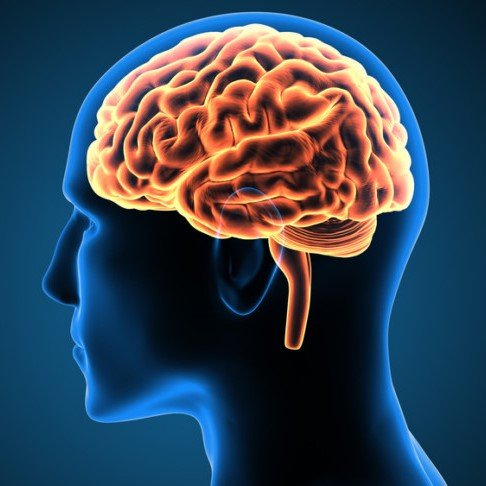Finding a moment of peace can seem like an impossible dream in the busy lives we live right now. But meditation has been used for thousands of years as a strong way to calm and clear the mind. Modern science is finding a lot of proof that meditation has positive benefits on the brain and body, going beyond its spiritual and philosophical roots. This blog explores the fascinating science behind meditation and how it changes us in every aspect of our lives.
Understanding Meditation
Meditation is a practice in which you focus your attention and understanding to achieve a state of mental transparency and emotional calmness. It has a long history in different religious and spiritual practices, but it has also gained popularity in secular settings as a way to reduce stress, calm, and become more self-aware.
The Brain on Meditation
Meditation has a fascinating effect on the brain, one of its most interesting features. Researchers have used neuroimaging techniques like MRI and EEG to study how meditation affects the brain. They have observed changes in brain activity and structure linked to meditation practice.
Studies have discovered that regular meditation can change the brain’s structure, especially in attention, emotional regulation, and self-awareness. For instance, the prefrontal cortex, which plays a role in decision-making and processing emotions, can experience changes that improve memory and emotional resilience.
Furthermore, studies have shown that meditation can impact the default mode network (DMN), a network of brain areas that becomes active when the mind is in a state of rest and wandering. Meditation can quiet the default mode network (DMN), reducing mind-wandering and worry. That can result in improved focus and a clearer thought process.
Stress Reduction and Emotional Well-being
Stress is very common in today’s fast-paced world and affects many people’s lives. Long-term stress can impact your overall well-being, affecting your physical and mental health. It can lead to problems like stress, depression, and even heart disease.
Meditation is increasingly recognized as a powerful tool for managing stress and promoting emotional well-being. By performing practices like mindfulness meditation, people can develop the capability to be fully conscious of the present moment and accept their thoughts and emotions without judgment.
Studies have discovered that meditation can decrease stress hormones like cortisol. At the same time, it can also increase the activity in certain brain parts linked to positive emotions and emotion regulation. Meditation can help individuals access life’s challenges with more strength and grace by promoting a sense of calm and peacefulness.
Physical Health Benefits
In addition to its effect on mental well-being, meditation has also been associated with various physical health advantages. Studies, for example, have discovered that meditation has the potential to decrease blood pressure, reduce irritation, and boost the immune system. These changes in the body can significantly affect a person’s overall health and longevity.
Moreover, recent studies have shown that meditation might have a positive impact on pain management. Specifically, mindfulness-based therapies are effective in helping people deal with chronic pain conditions.
Cultivating Compassion and Connection
Meditation impacts our well-being, can acquire compassion, and strengthens our connection with others. Practices like loving-kindness meditation focus on feelings of warmth and goodwill toward ourselves and others.
Research has indicated that practicing loving-kindness meditation can enhance one’s ability to feel empathy and compassion while also promoting stronger social connections and relationships with others. Meditation has the potential to create a ripple impact of kindness and generosity around the globe by helping people develop a sense of interconnectedness and generosity.
Conclusion
Meditation is an oasis for the mind and body to rest and recharge in a world full of demands and distractions. Meditation has a long history that goes back thousands of years, and current science has confirmed that it works. Meditation has the power to change lives and societies because it has such deep effects on the brain and body. Being more aware, compassionate, and strong can help us handle our complicated world more easily and gracefully.
Even though we are still trying to understand how meditation works, one thing is clear: this ancient practice has amazing healing, changing, and uplifting power.


